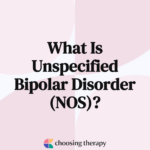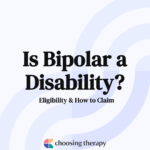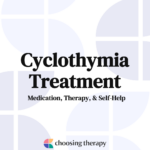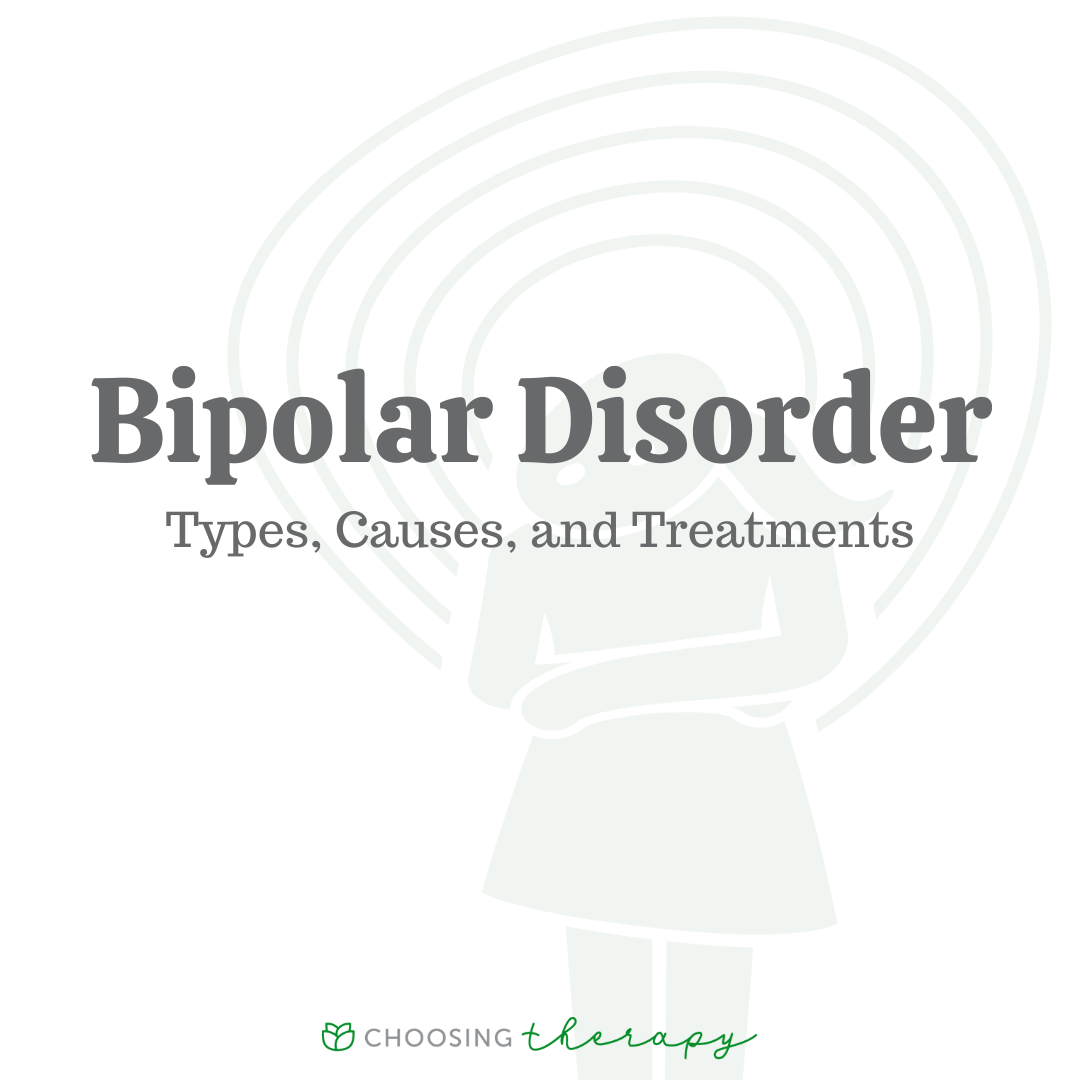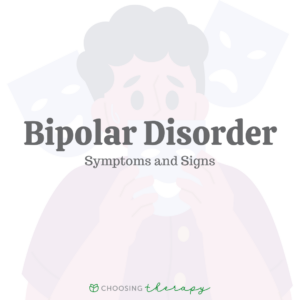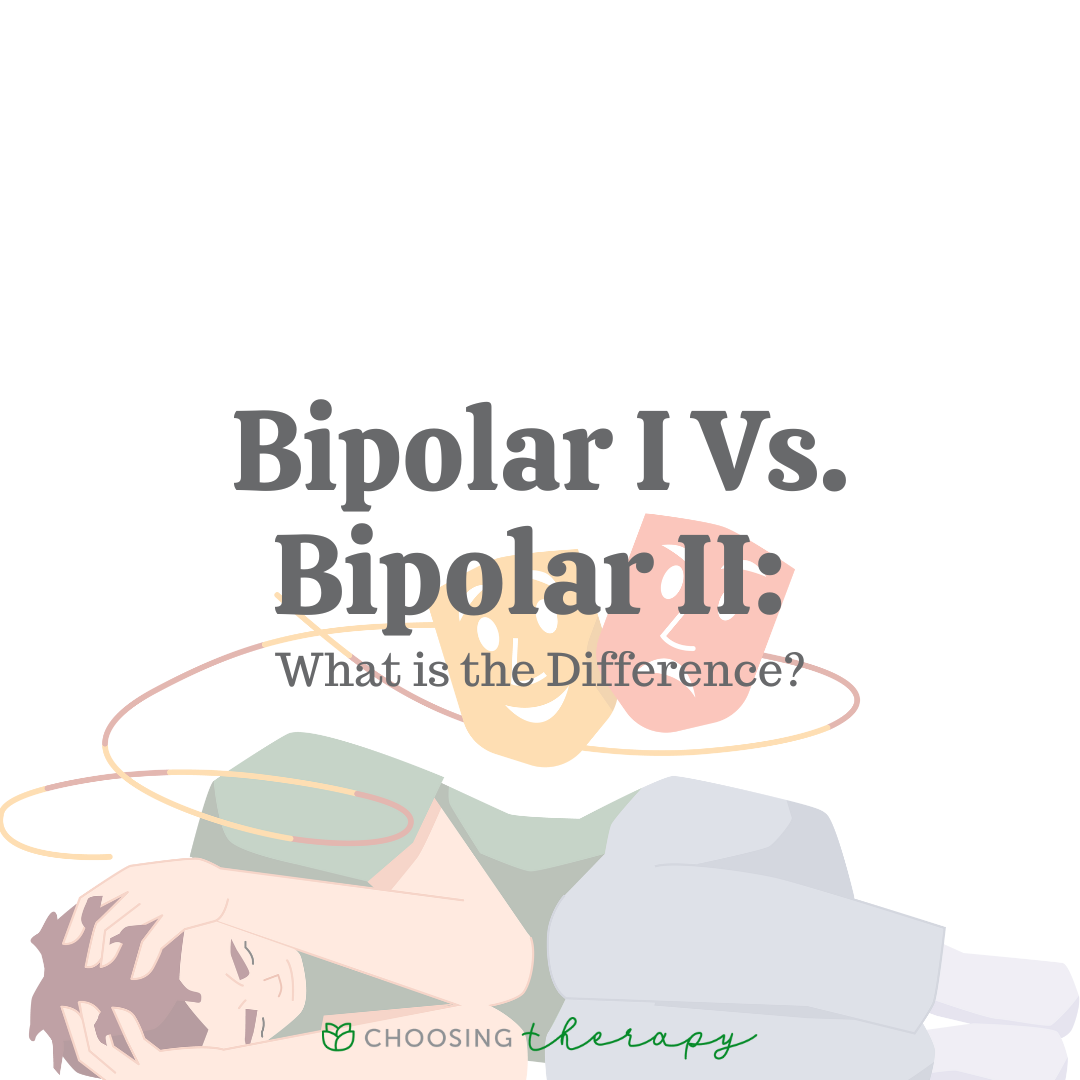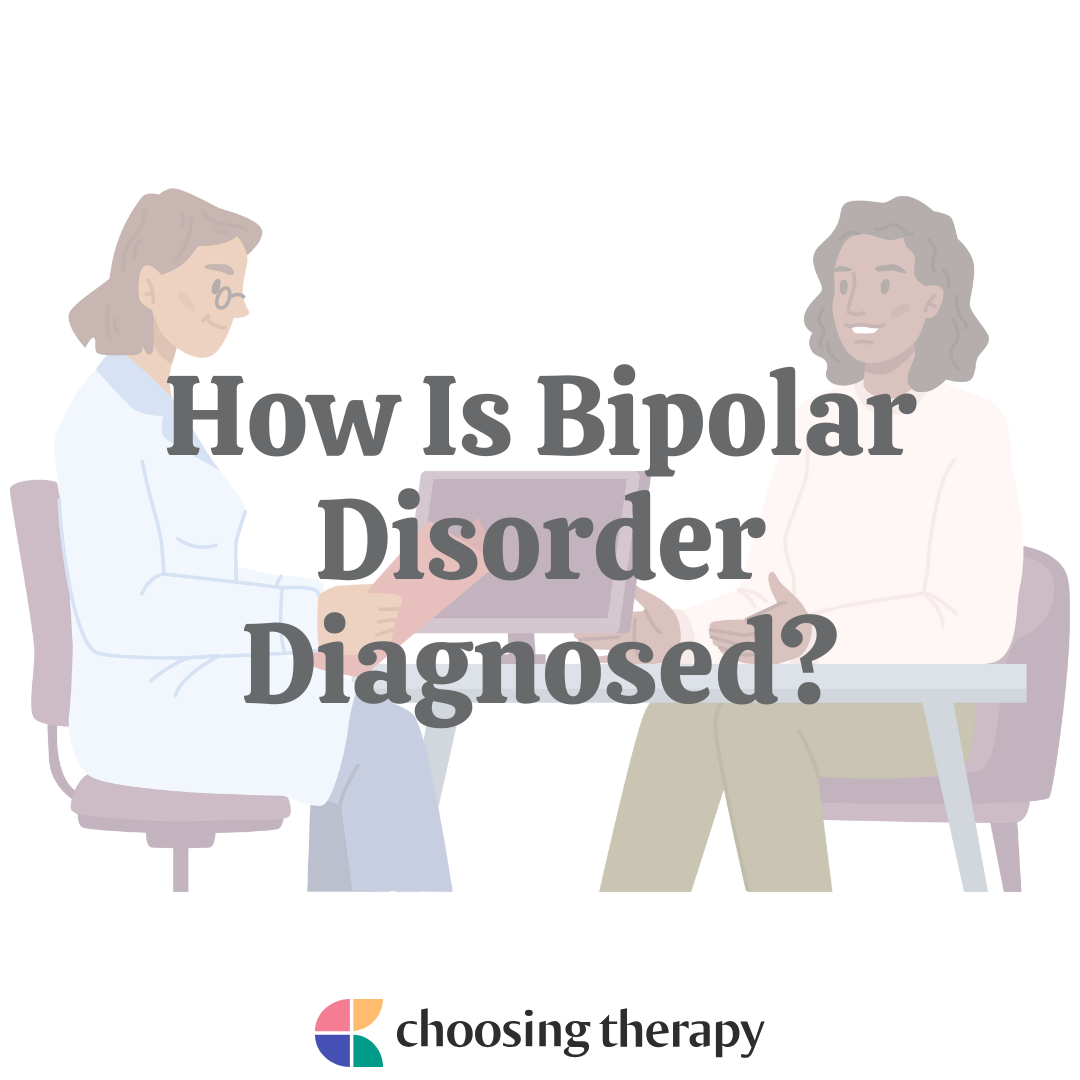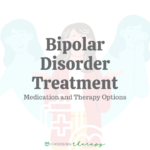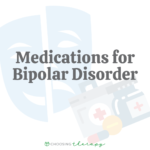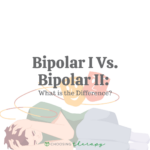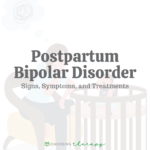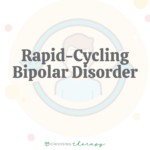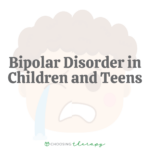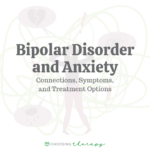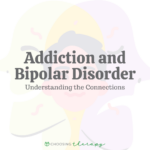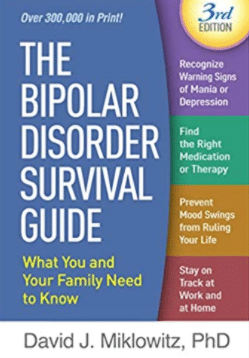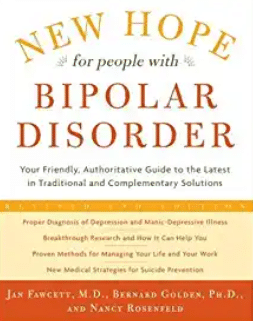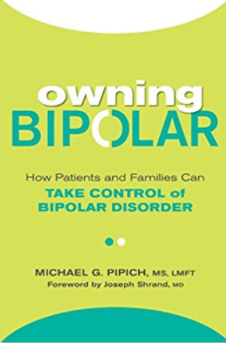
Learn More About Bipolar Disorder
Bipolar disorder is a mood disorder characterized by episodes of mania and depression. The manic episodes are likely to disrupt your normal daily living routine. Most individuals with bipolar disorder experience episodes of major depression, though this is not required for the diagnosis. Thankfully, bipolar disorder is treatable with therapy and medication. Below you’ll find articles and resources to help you both understand and deal with bipolar disorder.
Featured Bipolar Disorder Articles

Bipolar Disorder Statistics & Resources
Bipolar disorder is marked by intense mood swings of mania or hypomania and depression that have major impacts on relationships, work, and daily life. It can be treated with a combination of therapy and medication.
by: Melissa Boudin, PsyD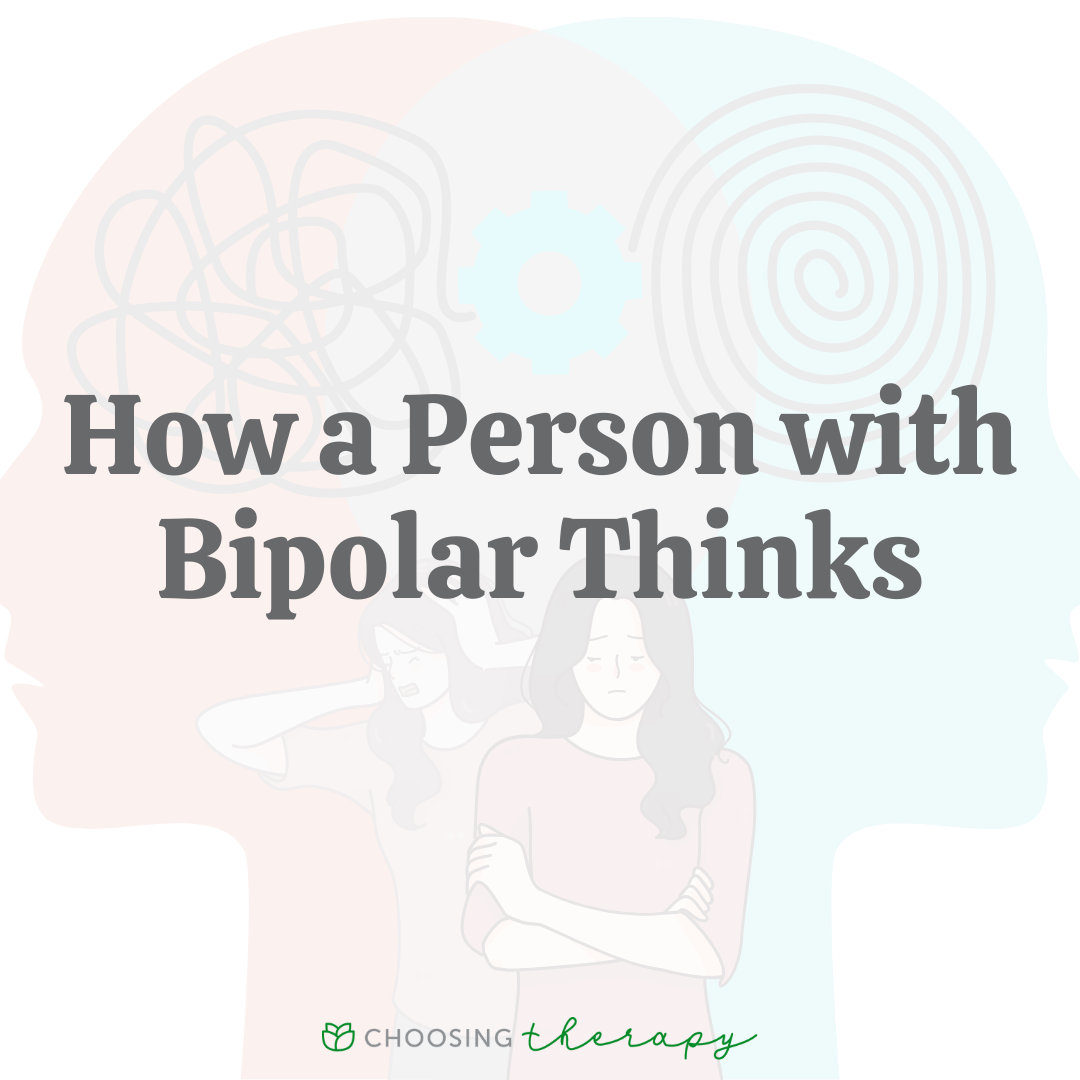
How a Person With Bipolar Disorder Thinks
Someone with bipolar disorder thinks primarily the same way any other “typical” person does. The difference is in the moods that influence their thoughts and behaviors. People with mood disorders generally have difficulty keeping “how they feel” distinct from “how they think,” and emotions tend to blend into thought processes. Those with bipolar disorder experience grand shifts in mood ranging from depression to mania, with their thoughts sometimes reflecting very negative or overtly euphoric emotional states.
by: Robert Hinojosa, LCSWWhat Is Bipolar Disorder?
Key Terms in Bipolar Disorder
For a bipolar I diagnosis, an individual will have had to experience at least one manic episode in their lifetime. The mania also must last one week for it to be considered a manic episode. The mood in a manic episode is often described as euphoric, excessively cheerful, high, or “feeling on top of the world.” Major depressive episodes are typical but not needed for diagnosis.
For a bipolar II diagnosis, an individual will have had to experience at least one hypomanic episode and one major depressive episode in their lifetime. A hypomanic episode is less intense than a full manic episode. As opposed to a week for bipolar I, it must persist for at least four consecutive days.
Bipolar cycles refer to someone with bipolar disorder cycling through the stages of mania and depression. Depending on which type of bipolar disorder the person has, these stages may be cycled through within days or weeks, or last for years.
The mood swings associated with rapid-cycling bipolar disorder are generally unpredictable. They can last anywhere from a week to a few months. Rapid cycling is also not considered a formal diagnosis but rather a characterization of the course the illness takes based on timing and duration.

Treating Bipolar Disorder

Types of Bipolar Disorder

Common Co-Occurring Feelings & Disorders
Videos About Bipolar Disorder
Read More About Bipolar Disorder



